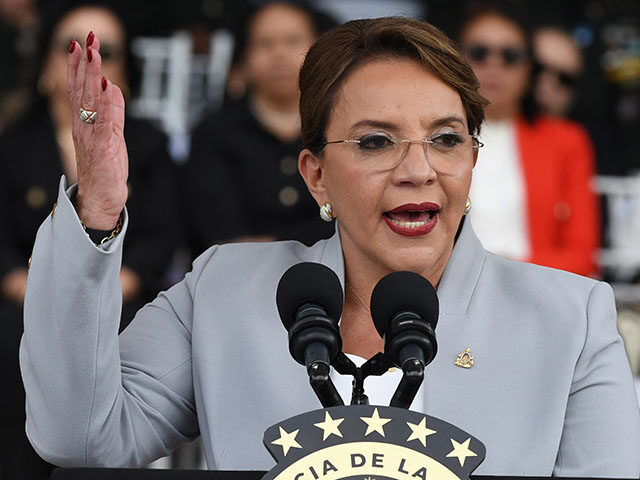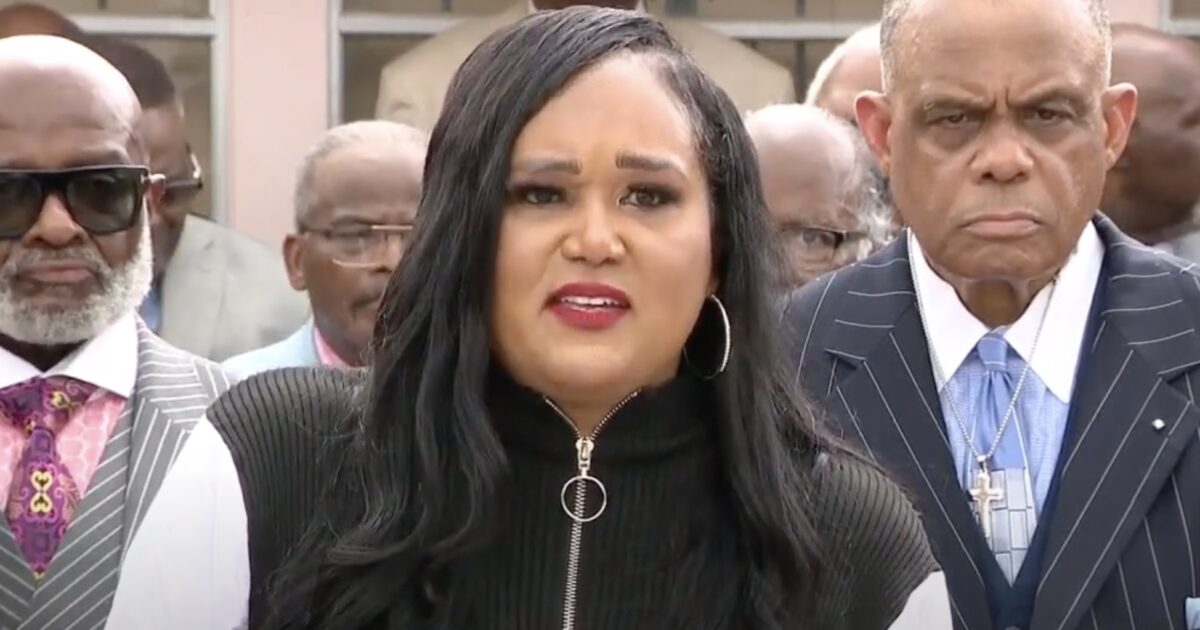The relationship between the United States and Honduras is facing a new test, as Honduran President Xiomara Castro responds forcefully to proposed mass deportations of her nation’s citizens by the incoming Trump administration. In a televised address, Castro raised the stakes, suggesting she might close the U.S. military base in her country—a move that could disrupt decades of cooperation between the two nations.
The deportation plan, which would target hundreds of thousands of undocumented Hondurans living in the U.S., has reignited debates over immigration policy, national sovereignty, and foreign relations. With approximately 560,000 Hondurans residing unlawfully in the U.S.—nearly 5% of Honduras’s population—the proposal has significant implications for both countries.
Top Immunity Support For The Times:
Immune systems can be weakened by poor diet, lack of sleep, and countless other environmental factors.
Our products may help support your body’s natural defenses.
Save 15% W/ Code “SAVE”
Visit: https://GetZStack.Com
Includes FREE SHIPPING in USA
Mass deportation is a controversial but practical approach to managing illegal immigration. Critics often focus on individual hardships, but the broader context reveals the strain undocumented immigrants place on U.S. resources, including healthcare, education, and social services. Enforcing immigration laws ensures these resources are available for legal residents and citizens, promoting fairness and accountability.
This policy also strengthens national security. The presence of large, undocumented populations creates opportunities for exploitation by criminal networks and poses risks to public safety. While not all undocumented immigrants engage in illegal activities, their undocumented status makes them more susceptible to coercion, further complicating law enforcement efforts.
Proponents argue that deportations uphold the rule of law and discourage future illegal immigration. A consistent, firm approach sends a clear message: those who wish to enter the U.S. must do so through legal channels, preserving the integrity of the system.
President Castro’s response to the deportation proposal has been to leverage Honduras’s cooperation with the U.S., specifically threatening to close the Soto Cano Air Base in Comayagua. This base has long been a strategic asset for U.S. operations in Central America, supporting counter-narcotics missions, disaster relief, and regional security initiatives.
“Faced with a hostile attitude of massive expulsion of our brothers, we would have to consider a change in our policies of cooperation with the United States, especially in the military field,” Castro declared.
While this rhetoric may resonate domestically, it risks backfiring. The airbase is not only a vital security asset but also an economic boon for the local community. Shutting it down could destabilize the region, harm Honduras’s economy, and weaken its defense infrastructure—outcomes that would disproportionately affect Honduras more than the U.S.
Deporting undocumented immigrants helps restore order to the immigration system, ensuring fairness for those who abide by the law. This policy also provides an opportunity for countries like Honduras to address the systemic issues driving mass emigration, including poverty, corruption, and violence.
Large-scale returns could act as a wake-up call for governments to invest in economic development, infrastructure, and public safety. If fewer citizens feel compelled to leave, nations can redirect their focus toward fostering opportunities at home, ultimately reducing migration pressures.
Moreover, mass deportation aligns with the United States’ responsibility to protect its citizens. While deportation alone cannot solve all security concerns, it eliminates individuals who enter the country unlawfully and pose potential risks.
The standoff underscores the complexities of U.S.-Central American relations. For decades, the United States has provided aid and security assistance to nations like Honduras, aiming to stabilize the region. However, these efforts are often undercut by weak governance and systemic corruption within recipient countries.
By enforcing immigration laws, the U.S. sends a signal that cooperation must be mutual. Honduras must take responsibility for its citizens and address the root causes of migration rather than relying on remittances sent by those who leave.
President Castro’s threat to close Soto Cano Air Base is unlikely to sway the Trump administration’s immigration agenda, but it highlights the need for pragmatic diplomacy. The U.S. and Honduras share common interests in security and economic stability, and these ties should not be undermined by short-term political posturing.
For the United States, the path forward involves balancing enforcement with engagement. Deportations must be coupled with efforts to support reform in countries of origin. This dual approach ensures that while illegal immigration is addressed, opportunities for cooperation and mutual progress remain open.
The ongoing tension serves as a reminder that immigration policy has far-reaching consequences. By upholding the rule of law and prioritizing national security, the United States reinforces its commitment to sovereignty and fairness, setting the stage for a stronger, more stable future for all involved.



The people are illegal deport them if some country wants to close one of our bases fine close the base along with our Embassy. Castro threatened us with blackmail if we don’t allow their people to enter illegally.
Dust off your knee pads, Madame President.
Someone should tell her what happened in the Philippines after they refused to renew our lease on Subic.
Send them back and don’t let anymore in except thru legal channels!
“the broader context reveals the strain undocumented immigrants place on U.S. resources, including healthcare, education, and social services. Enforcing immigration laws ensures these resources are available for legal residents and citizens, promoting fairness and accountability.”
“By enforcing immigration laws, the U.S. sends a signal that cooperation must be mutual. Honduras must take responsibility for its citizens and address the root causes of migration rather than relying on remittances sent by those who leave.”